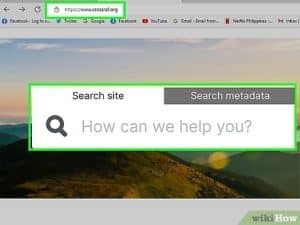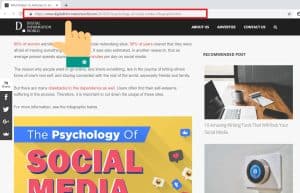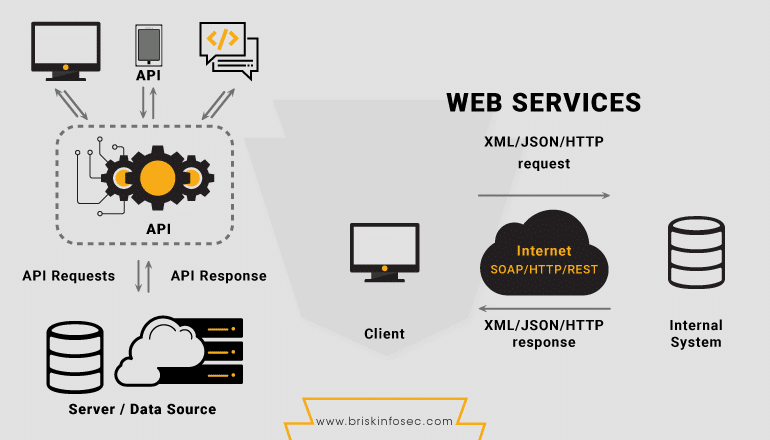Unraveling the Web: How to Find the Author and Date of a Website
Despite the fact that there is an abundance of information available on the internet, it can be difficult to evaluate whether or not a website is trustworthy. The identification of the author and the publishing date is an essential component in the process of determining the reliability of a source. The evaluation of the content’s skill and timeliness requires this information, which is of the utmost importance. The purpose of this guide is to examine the many approaches that can be utilized to discover the elusive authorship and publication date facts from websites. https://diversewebsitedesign.com.au/cheap-web-design-phillip-island/
The Importance of Authorship and Date
Prior to digging into the methods for locating the author and the date, it is important to emphasize the significance of both components. In order to provide credibility to the text, it is important to know who the author is. When compared to content that comes from an unknown or anonymous source, a piece that was authored by a well-known expert or an institution that has a good reputation is likely to be more dependable.
When determining whether or not the material is up to date, the publication date is an extremely important factor to consider. When it comes to industries that are always undergoing change, such as health or technology, information that is out of current can be damaging or even misleading. Consequently, in order to evaluate the content’s relevance, it is necessary to be aware of the date on which it was most recently published or updated.
1. Scour the Website’s About Page
The “About” or “Author” page of many websites contains information on the creators of the content on those websites. When searching for information on the people who are accountable for the content, this is frequently the first place that will be checked. Examine the author’s qualifications, biographical information, and any other pertinent information that can be used to establish the author’s expertise.
Pro Tip:
In the event that the website does not have a specific “About” page, navigate to the footer of the homepage. There are several websites that give information about the authorship and publishing date in this area.
2. Check the Header and Footer
It is common for headers and footers to provide important information, such as the publishing date. A number of websites make this information widely displayed in order to guarantee that viewers are aware of the content’s current relevance. Find a header or footer at the top or bottom of the page to locate information about the publication. This information may be found there.

Reminder:
As a result of the fact that this approach is not followed by all websites, additional procedures can be required in the event that the information is not easily accessible.
3. Scrutinize URL Structure
In certain instances, the URL of a webpage can offer hints regarding the publishing date or the authorship of the content. There are content management systems (CMS) that incorporate date information into the URL. For example, “/2022/12/30/” indicates that the date corresponds to December 30th, 2022. This approach is not infallible, but it does have the potential to provide insights, particularly in situations where other details are uncertain.
Caution:
It is important to use caution when relying on this strategy because URLs could not always reflect the most recent revisions to the material.
4. Utilize Browser Extensions

It is possible to obtain additional information about webpages through the use of a number of browser extensions. This information may include authorship and publishing date facts. There are tools such as “Wappalyzer” and “Meta SEO Inspector” that can expose metadata that is embedded in the webpage. This can throw light on the author of the content as well as the date that it was most recently edited.
Browser Extension Tip:
Before installing any extension, make sure it is reliable and has received positive evaluations. This will ensure that it is compatible with your choices regarding privacy and security.
5. Investigate Social Media Links
Social media platforms are frequently used by authors to disseminate their works. It is possible to explore the author’s profile by looking for social media symbols or links on the website and then following those links or icons. In addition to providing more context regarding the author’s expertise and the publication date of their article, social media profiles can also provide further background.
Social Media Strategy:
Due to the fact that not all of the content that is shared on social media is created by the person who manages the account, it is important to exercise caution and verify facts.

6. Consult Online Databases and Archives
Consider visiting online databases or archives in the event that the website does not automatically provide information regarding the author and the date. You are able to access historical versions of webpages through websites such as the Wayback Machine (archive.org), which not only provides insights into changes that have occurred over time but also has the ability to reveal information about authorship and publishing dates.
Archival Reminder:
It is important to keep in mind that not all websites are archived, and that some of them likely have access restrictions.
Conclusion: Empowering Digital Literacy
Information literacy is of the utmost importance in this age of information. A crucial factor that adds to the credibility of the content that you consume is the ability to identify the author of a website as well as the publishing date of that website. If you make use of the strategies that are described in this tutorial, you will be able to explore the internet with a critical eye, ensuring that the information you rely on is not just informative but also reliable.
It is important to keep in mind that perseverance and critical thinking are your allies as you embark on your journey to discover the mysteries of the web. In addition to improving your overall digital literacy, having the ability to verify authorship and publication date gives you the capacity to make judgments based on accurate information.





